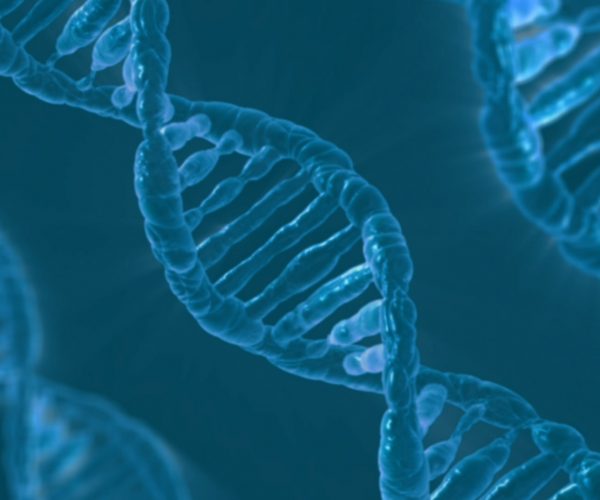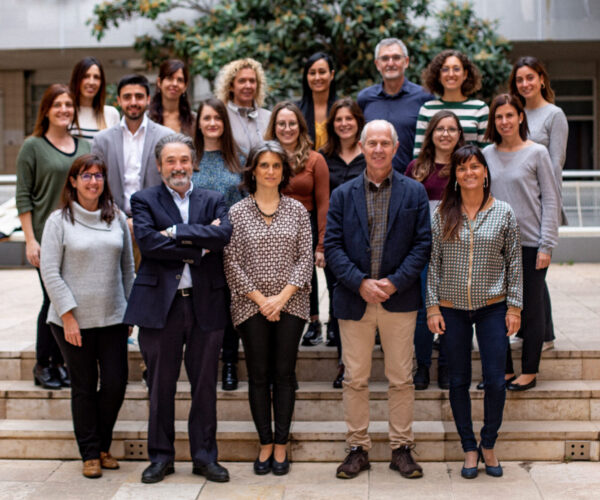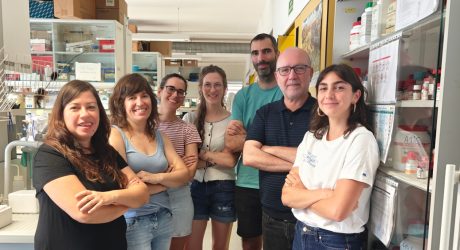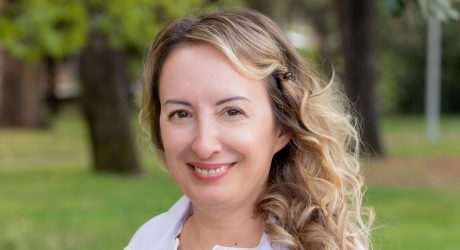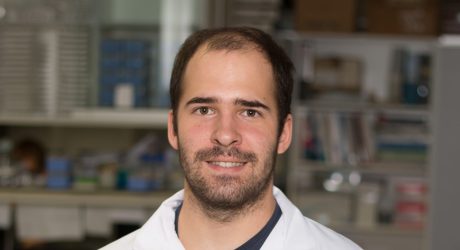An IISPV-CERCA and URV research team coordinates a European project that will identify key biomarkers for a better approach to childhood obesity
The study will analyze the result of the interaction of aspects such as diet, environment or genetics, and its effects on children through metabolites, markers in blood and urine.
Data from more than 3,000 children of different ages and countries (in Spain these are patients of both the Hospital Universitari de Tarragona Joan XXIII and the Hospital Universitari Sant Joan de Reus) participating
in this project will be collected on a web app. Thanks to its Artificial Intelligence based system, researchers and professionals in clinical practice will be able to interpret this information and make better decisions to improve patients’ treatments.
A European study carried out by researchers from Institut d’Investigació Sanitària Pere Virgili (IISPV)-CERCA and Universitat Rovira i Virgili (URV) will reveal what happens inside our body when interacting key health-related aspects such as eating and sleeping habits, exercise, environment conditionings or genetics. All these aspects play a key role in the high incidence rates that obesity and its related diseases have currently in our societies (especially among the child population).
“The result of the interaction of diet, environment, schedules, genetics or exercise can be studied by analysing markers in blood and urine such as metabolites. Therefore, metabolites are molecules resulting from what it’s been used by our organism: from what we eat, consume… from what it’s eventually happening at the present moment inside us. By studying this we will be able to know how health-related habits, how everyone’s characteristics… interact with each other and, as a result, how they impact on us in a different way leading each person to either health or to illness”, explains Verònica Luque, a researcher in the Paediatric, Nutrition and Human Development Research Unit, which is part of the research group responsible for this study.
One of the most significant developments of this project in comparison to others that have been conducted in the same field is that it allows to collect a huge amount of data from children and adolescents from different ages and countries (3,300 people aging 0 to 18 participate in this study). In Spain these are patients of both the Hospital Universitari de Tarragona Joan XXIII and the Hospital Universitari Sant Joan de Reus.
Thanks to the application of Artificial Intelligence and bioinformatics (one of the centers which participates in this study has expertise in these fields), it will be possible to manage all these data in a way that allows and facilitates a more global understanding of the key aspects of growth and infant feeding.
The main biomarkers identified in this study will be collected in one web app with a view to applying them in the field of research and clinical practice, so that professionals can make better decisions to improve people’s health. “Once we have studied these metabolites in relation with diet and other health habits and we have obtained the results, we will design a web application with the help of bioinformatics. It could have potential applications in the clinic. For instance, at hospital, when monitoring obese patients, after analysing a specific metabolite in blood or in urine, we would introduce the values to this application and, in this way researchers or clinicians could obtain information on the patient’s diet, his or her metabolic state… In a research project we accumulate a huge amount of data; Artificial Intelligence helps us interpret them. We need tools that allow to transfer this knowledge to the reality of healthcare practice”, explains Verònica Luque. For all these reasons, this research group has been conceived from a multidisciplinary approach: dieticians, pediatricians, laboratory analysts and bioinformatics work together on a regular basis.
This study, entitled “Biomarker signatures of diet, physical activity and sleep in children and youth” has received funding from the Instituto de Salud Carlos III and the Next Generation EU, which supports the Recovery, Transformation and Resilience Plan (ref. AC21_2/00010) as well as from the European Union’s Horizon 2020 Research and Innovation programme under the ERA-NET Cofund action Nº 727565 (JPI HDHL).
The project has been preselected by the prestigious European research network The Joint Programming Initiative ‘A Healthy Diet for a Healthy Life’ (JPI HDHL), within the call for STAMIFY 2021 grants.
The project partners are: Ludwig-Maximilians-Universität (LMU) and Helmholtz Zentrum München – Deutsches Forschungszentrum für Gesundheit und Umwelt (HMGU), in Germany, and the la Medical University of Vienna (MedUni Wien), in Austria. The Children’s Memorial Health Institute (CMHI), in Poland, and Universita’ degli Studi di Milano (UMIL), in Italy are also collaborating. The project will be running during 36 months, from May 2022 to December 2024.
